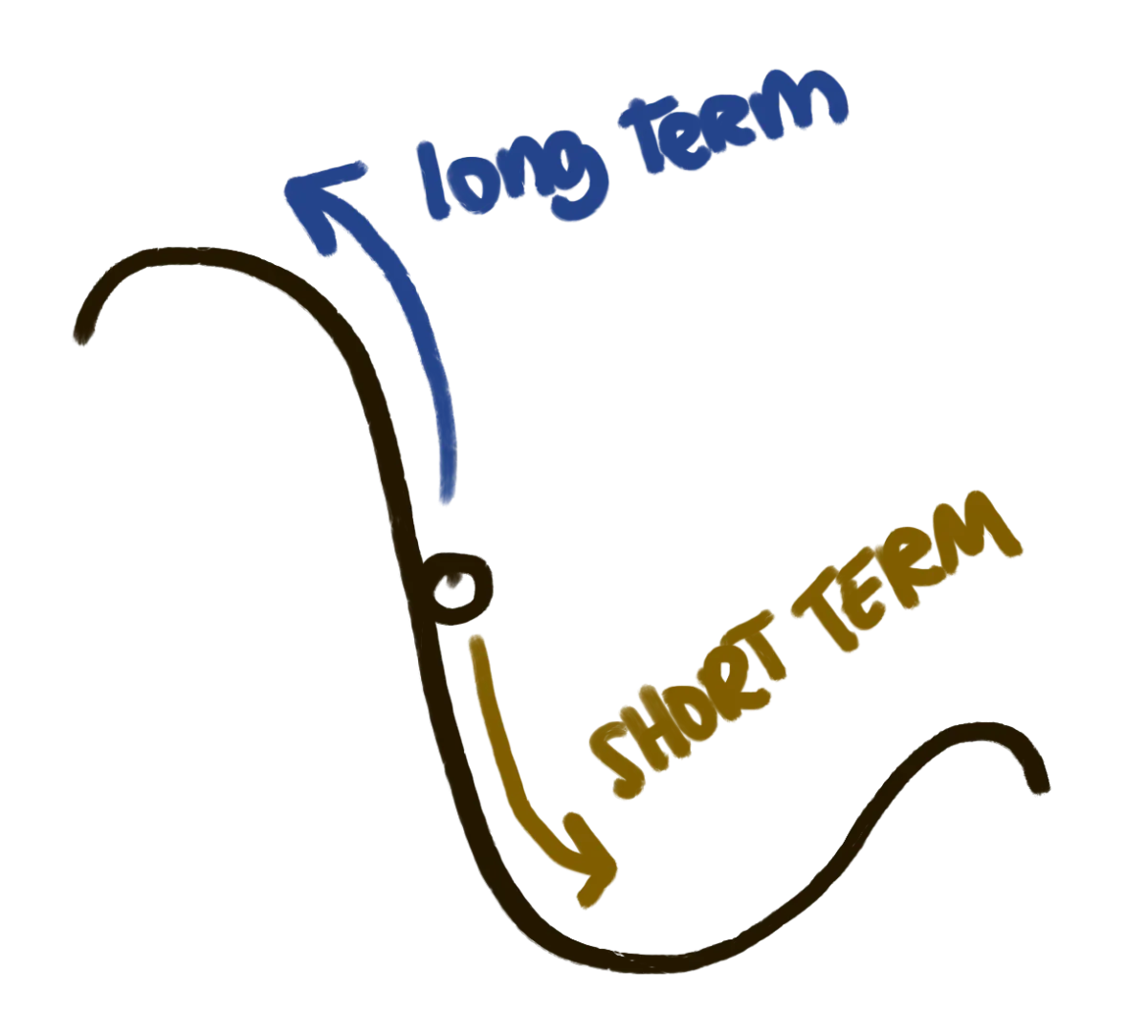Pao Ramen
-
Like Scratch, but textual!
Very interesting project to teach programming to kids. The main difference with Scratch is that Hedy uses Python (yuck!) on a textual environment. To be able to reach kids around the world, they’ve open sourced a python-like language that is multi-lingual. There is of course the eternal debate to whether kids should learn to program or not, exacerbated by the advances in generative AI. But I still think it’s a valuable skill, the same as calculators didn’t deprecate mathematics. I would even go as far as to claim that it probably should displace some of the maths, since it’s clear by now, that the Newtonian way of describing the world through formulas is perhaps not the best one. Perhaps Wolfram’s point of view, that nature is perhaps better described through programs, is one worth exploring. I will definitely give it a try!
Jan 28
-
Platform teams: the eternal debate
As a CTO, one of the unsolved challenges is whether to have a platform team or not. This article explores the downside of building platform teams. I think the article is a little bit biased and presents only one way of implementing platform teams. I still believe that platform teams are a net-positive, but only when they use golden paths to achieve their goals.
Jan 27
-
Web Monetization
A web3 way of accepting payments on the internet. Looks pretty cool, and could be a good way to counter the SaaS models of medium and substack. As usual, though, the challenge would be for adoption to go mainstream.
Jan 27
-
Doc Publication
There is a revival of publications. Individuals join and curate and write content. And you, instead of letting an algorithm determine what you read, subscribe to those publications. In this case, the people of UX collective decide to own their own publication and monetize it with Web Monetization, a web3 way to accept micropayments. I hope fika allows people to create such beautiful publications.
Jan 27
-
A list of long-form articles worth reading
When I was a kid, I wanted to be a writer. This was fueled by an intense reading habit: I would spend hours on the library looking for more Roal Dahl books, and later on, Tolkien and Ursula K. Le Guin. Nowadays I don't read as many books, and mostly non-fiction. I guess I’m more time deprived, and have a more utilitarian habit. Long form articles strike the right balance for me. They are longer and richer than a dopamine-inducing social media post, but I can still read them while in the toilet.
Jan 27
-
The source of truth shouldn't be figma, but the code
Nth attempt to solve the designer/developer problem. An open source tool for designers to work with react components. Figma has been trying to convince designers that they are the source of truth, therefore, a handover process is required. And it's the developer job to translate designs into code. But the reality is that developers are convinced of the opposite. Figma is the just theory, but truth is whatever you ship to customers. And that’s code. This is another case of Segal’s Law: A man with a watch knows what time it is. A man with two watches is never sure
Jan 25
-
C02 consumption from your daily tech usage
I love this kind of sites. It’s the deepest article I’ve seen on the topic of CO₂ emissions in tech, with interactive bits, graphs and calculators. It starts with this shocking calculation. A seemingly normal tech consumption is actually pretty costly in terms of CO₂ emissions. Last week, I streamed 20 hours of videos on Netflix, YouTube, and Canvas. I asked 50 questions to ChatGPT and made 532 Google searches. I sent 25 emails and 325 WhatsApp messages. From behind my screens, it did not feel like I was contributing to greenhouse gas emissions. Yet, the environmental impact of my online activity was real—it amounted to 1,447 grams of CO₂ equivalents[…] Over a year, this would add up to approximately 75 kilograms of CO₂ equivalents. To put that number in perspective, that is like: Driving 183 miles in a gas-powered car. Eating 6 servings of beef (25 grams of protein each). Charging a smartphone every day, until the year 2070.
Jan 24
-
Clickless search and the internet of machines
Interesting read about the repercussions of a “clickless search” world. We no longer use search engines to navigate through the web, but to get answers immediately. The author content ponders: The interesting question isn’t how to optimize for AI agents, but what kinds of human experiences are worth preserving in a world where machines do most of the talking.
Jan 23
-
Iconic: An alternative to Lucide Icons
They seem to be optimized for smaller sizes. Only 200 are free, the rest are pro…
Jan 23
-
Show me your calendar!
A technique to align your priorities with your schedule at work and in life.
Oct 24
-
Why is everybody talking about sync engines?
And how game developers solved the web's biggest problem in the 90s
Oct 16
-
All websites look the same: Let's bring the colors back!
An opinionated guide to colors in the web
Sep 02
-
Fear of over-engineering has killed engineering altogether
Second article about building fika. In this one, I'm going to review the napkin math behind it
Jul 26
-
Building fika: Constraints and Architecture
First article on the building fika series, where I explain in excruciating detail how it is built
Jul 23
